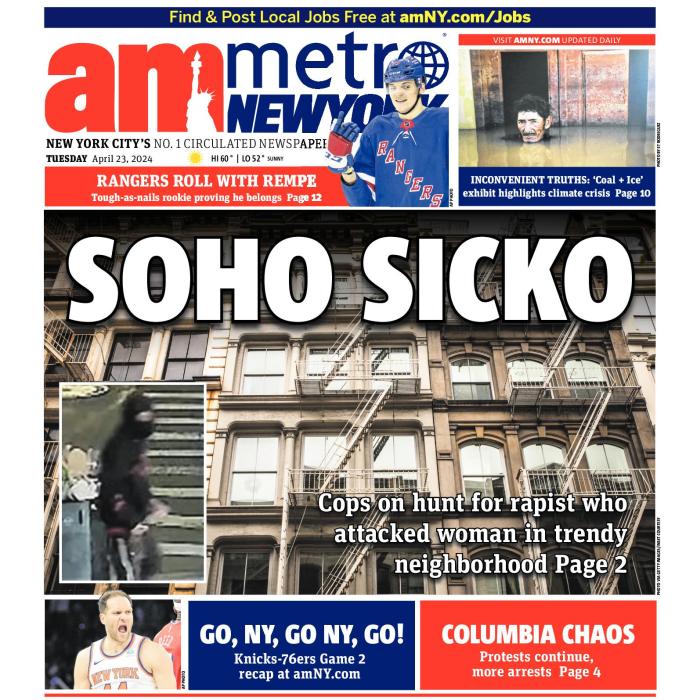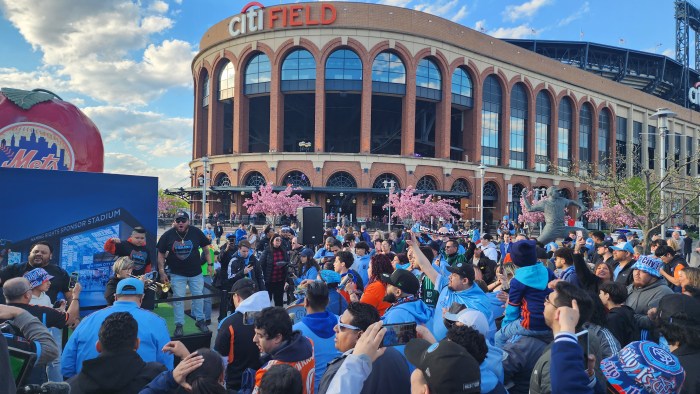
For nearly 40 years, Assembly District 65 in lower Manhattan was represented by Sheldon Silver, the local boy fond of basketball who rose to become one of the most powerful men in state government as speaker of the Assembly.
That changed last year, when Silver was convicted of honest services fraud, money laundering and extortion. Silver accepted payoffs from developers disguised as legal fees, even as he had his hands deep in housing legislation that could benefit or cost the real estate industry greatly.
Today, Silver is gone, and Tuesday’s Democratic primary will be the first truly competitive one since the disco era, a turning point for the district’s leadership.
What AD65 is voting against
While Silver was once known as an advocate for tenants, his tight relationship with the real estate industry called that into question — as did some of his actions in his own district. He put a hand on the scale, for example, to slow construction at what is now called Essex Crossing, decades-long vacant lots near the Williamsburg Bridge that might have been turned into more affordable housing. For electoral reasons, Silver benefited by keeping the area as it was.
That’s the kind of short-sighted decision making that occurs when the same leaders stay on top without significant challenges from within the district. Powerful local political clubs played kingmaker and kept dissent in check. When Silver was ousted, that system of clubs hand-picked his successor because of the rules for special elections: candidates are chosen by parties, not primaries.
For Alice Cancel, who ultimately received the Democratic nomination from party leaders, support from Silver loyalists guaranteed her nomination and ultimate victory for the short summer session.
Now she’s facing the voters anew, and has tried to distance herself from Silver and run on her record of longtime political work in the district, including fighting for affordable housing.
In an interview with the amNew York editorial board, Cancel highlighted her work in housing by noting that her son was still able to afford the Knickerbocker Village apartment she’d left him. She later mentioned a few other projects.
Other candidates, all of whom placed affordable housing at the top of their list of priorities, had more expansive visions for change in the district.
What the district can vote for
The existence of five qualified candidates representing different ethnic and political factions shows what the district was missing in years of Silver-dominance. They include:
- Don Lee, a community advocate who formerly worked for four mayors, including David Dinkins, for whom he designed computer systems, one of which he says was meant to get the notoriously tardy mayor’s schedule on track.
- Jenifer Rajkumar, a civil rights attorney and polished district leader.
- Paul Newell, a native son and tenant and affordable housing advocate who challenged Silver in 2008. He failed to take down Goliath but secured a reputation as a reformer challenging the status quo.
- Yuh-Line Niou, the current chief of staff to Queens Assemblyman Ron Kim who has done creative policy work in immigrants rights. She says she learned about the Manhattan district even while working in Kim’s Queens office, where residents of Silver’s old district would come because of its reputation for problem-solving, and language access.
- And Gigi Li, formerly a community board chair in the district who has a strong feel for residents’ needs and has worked for affordable housing and education expansion.
The candidates are largely on the same page in their denunciations of Silver and calls for more affordable housing and mass transportation funding. What is different about this election is the possibility of a new face in Albany drawn from a wider pool of candidates than usual, chosen by what is expected to be a low turnout electorate .
What will sway the election
The election might show the rise of more progressive elements of the district — several candidates are self-described progressives who are benefiting from Sen. Bernie Sanders’ tailwind.
Niou has the nomination of the Working Families Party, on the left side of the Democratic realm, and she says she plans to run on that line no matter the outcome of the Democratic primary.
Either way, the new assembly member will have less power to bring pork back to the district compared to the former speaker, and he or she will only be one of many voices in the room when it comes to guiding housing policy and other large-scale issues.
That in and of itself might mean a representative who focuses more on the small solvable needs of the whole district, as opposed to the powerful interests within it.
That would be a change, but a good one.

















